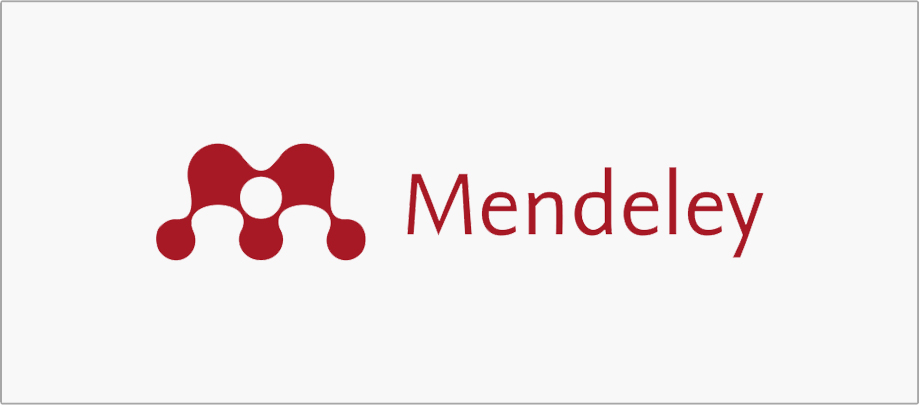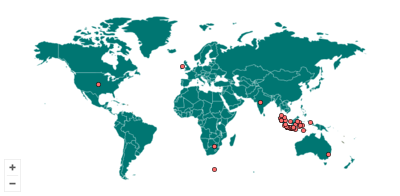THE APPLICATION OF PROFIT SHARING IN SEVEN BARBERSHOPS IN ACEH BESAR AND ITS RELEVANCE TO THE ISLAMIC ECONOMIC SYSTEM
DOI:
https://doi.org/10.22373/al-mudharabah.v5i1.5429Keywords:
Akad Murabahah, Barber Business, Islamic Economic Law, IndonesiaAbstract
Trust is crucial in a business like Seven Barbershop; the two sides work together as funders and managers. As a result, the Seven Barbershop business gained proportionally, 50:50. The purpose of this research is to identify the system for the outcomes in the Seven Barbershop business, which operates under the accreditation. The researchers used observation and interview methods to gather data; inductive data analysis techniques were used, and the researchers viewed the system for the outcome at Seven Barbersho as part of the overall scheme, so that researchers could draw conclusions as a whole. The results of the research show that the practice of bsgi results is already in line with the theory, as demonstrated by the fact that Taufik Agustia owns the business of Seven Barbershop, which is a shohibul mall. Where the owner of the capital gave the space and equipment to the researchers, Taufik Agustia. In a partnership at Seven Barbershop, capital owners and managers share profits proportionately. This means that the profits from monthly turnover are deducted from operating costs, such as the purchase of silets, strawberries, hair oil, electricity, and charges, then the net profit is divided between the capital owner and the managers.
Downloads
Published
How to Cite
Issue
Section
License
Copyright (c) 2024 Al-Mudharabah: Jurnal Ekonomi dan Keuangan Syariah

This work is licensed under a Creative Commons Attribution-NonCommercial-ShareAlike 4.0 International License.












